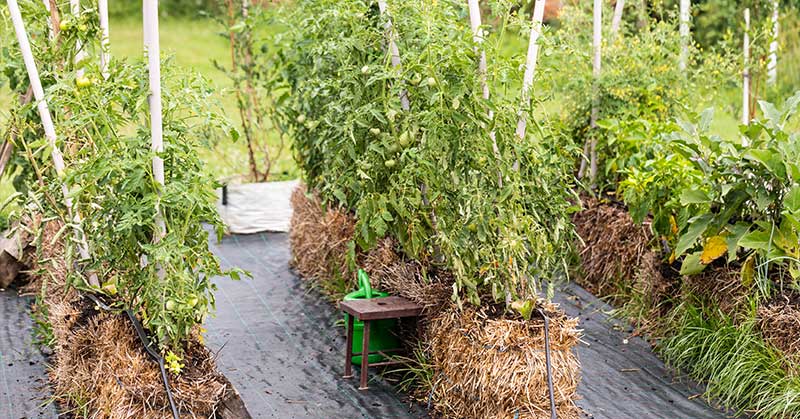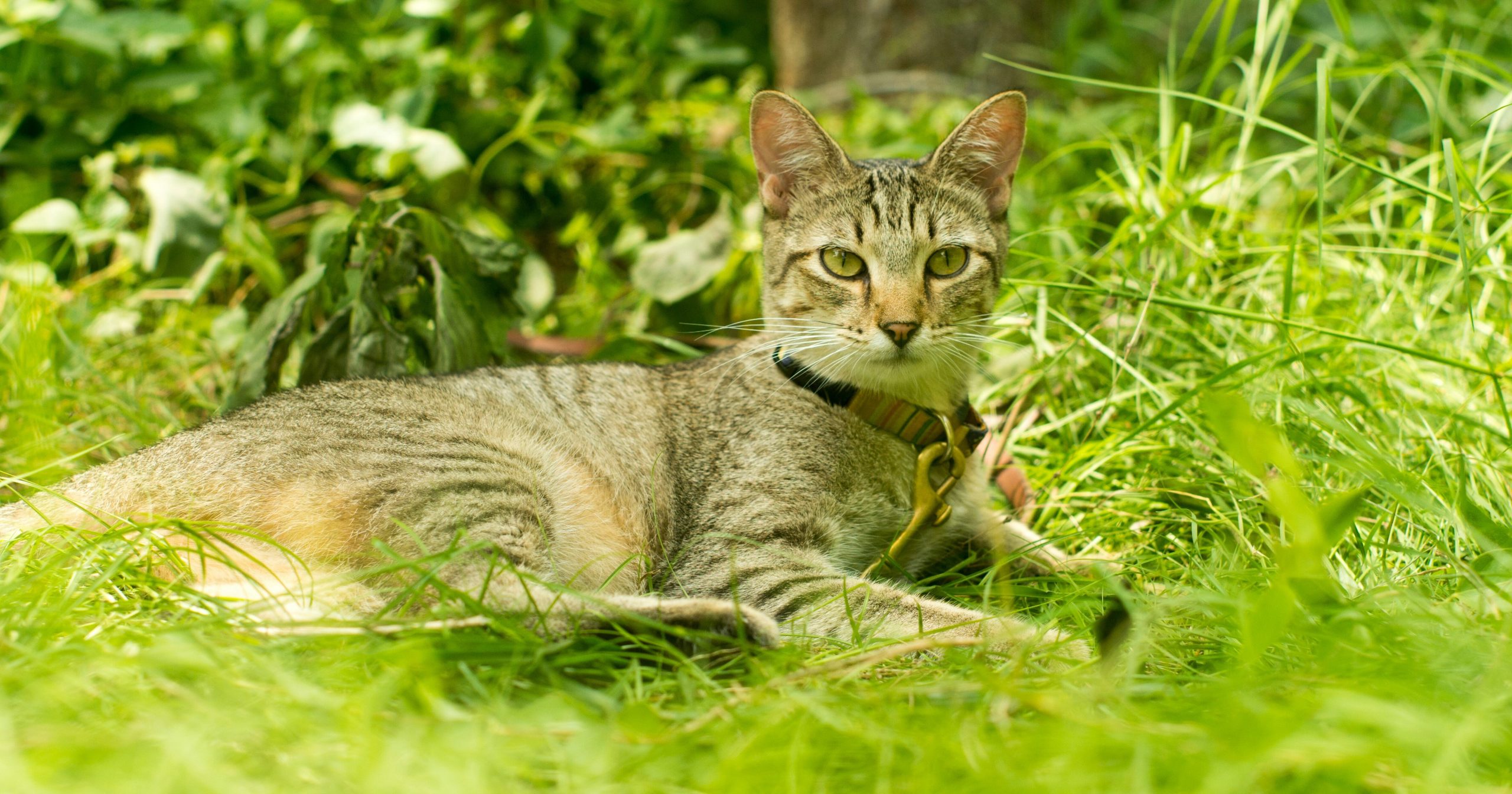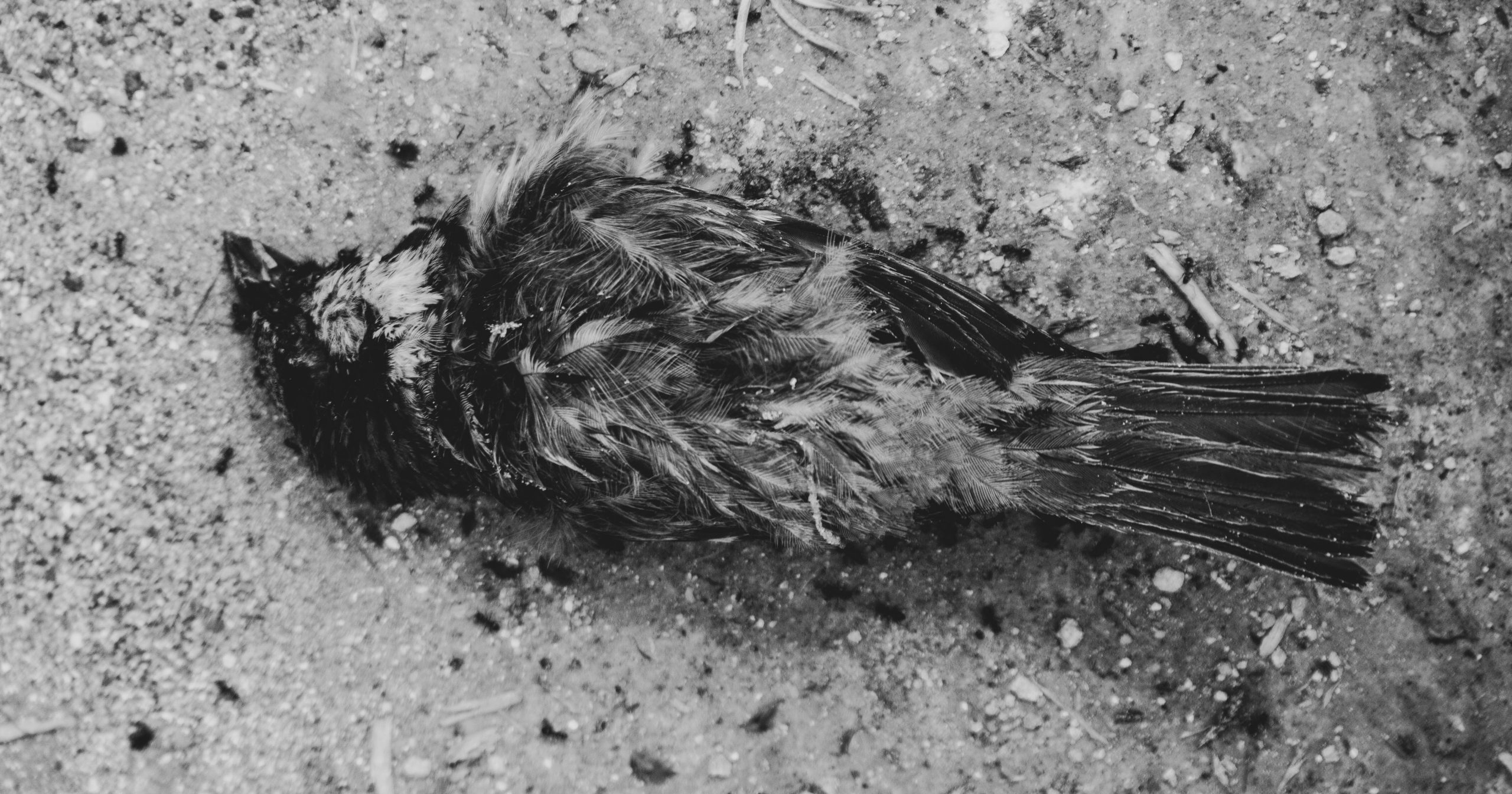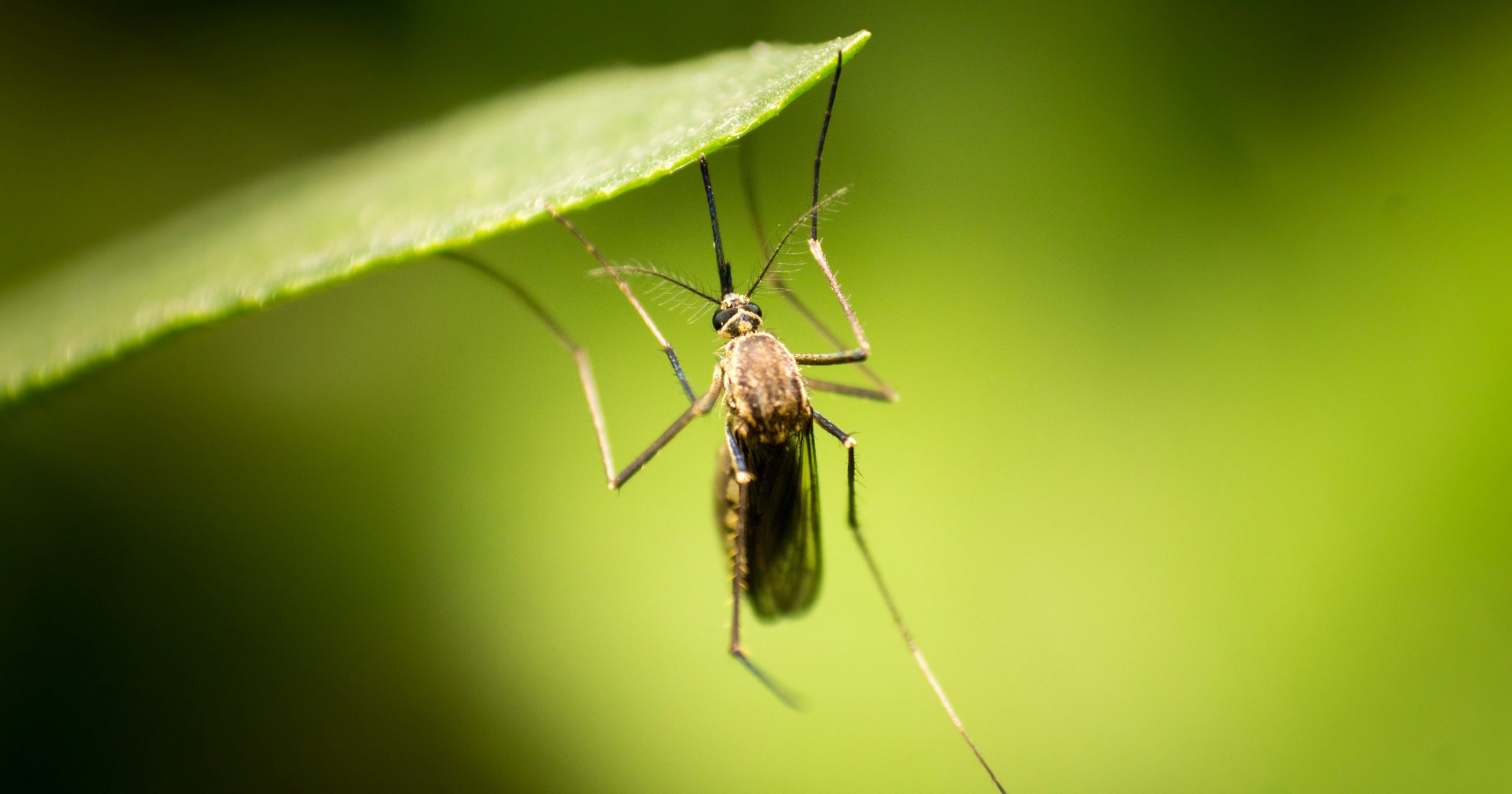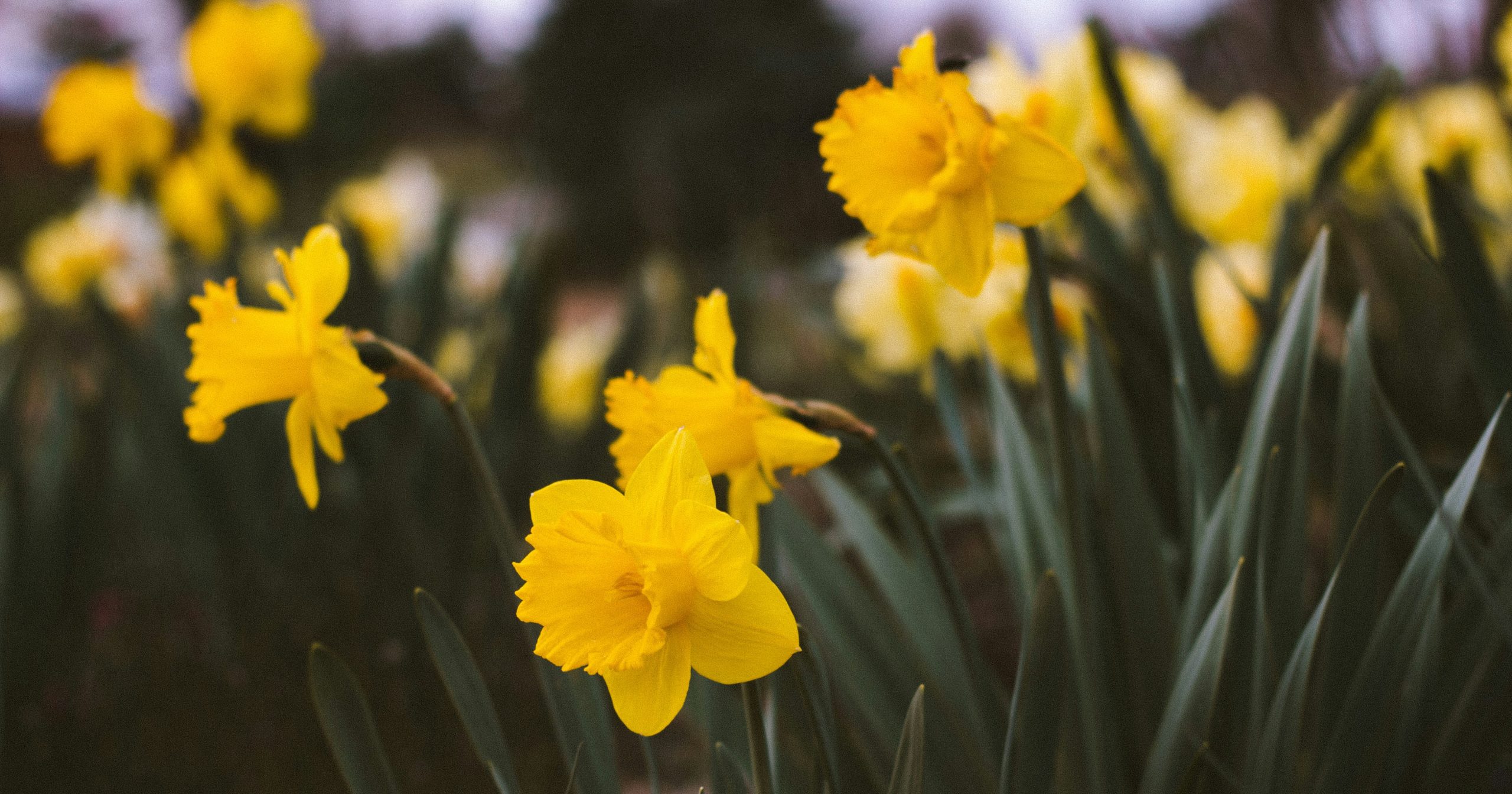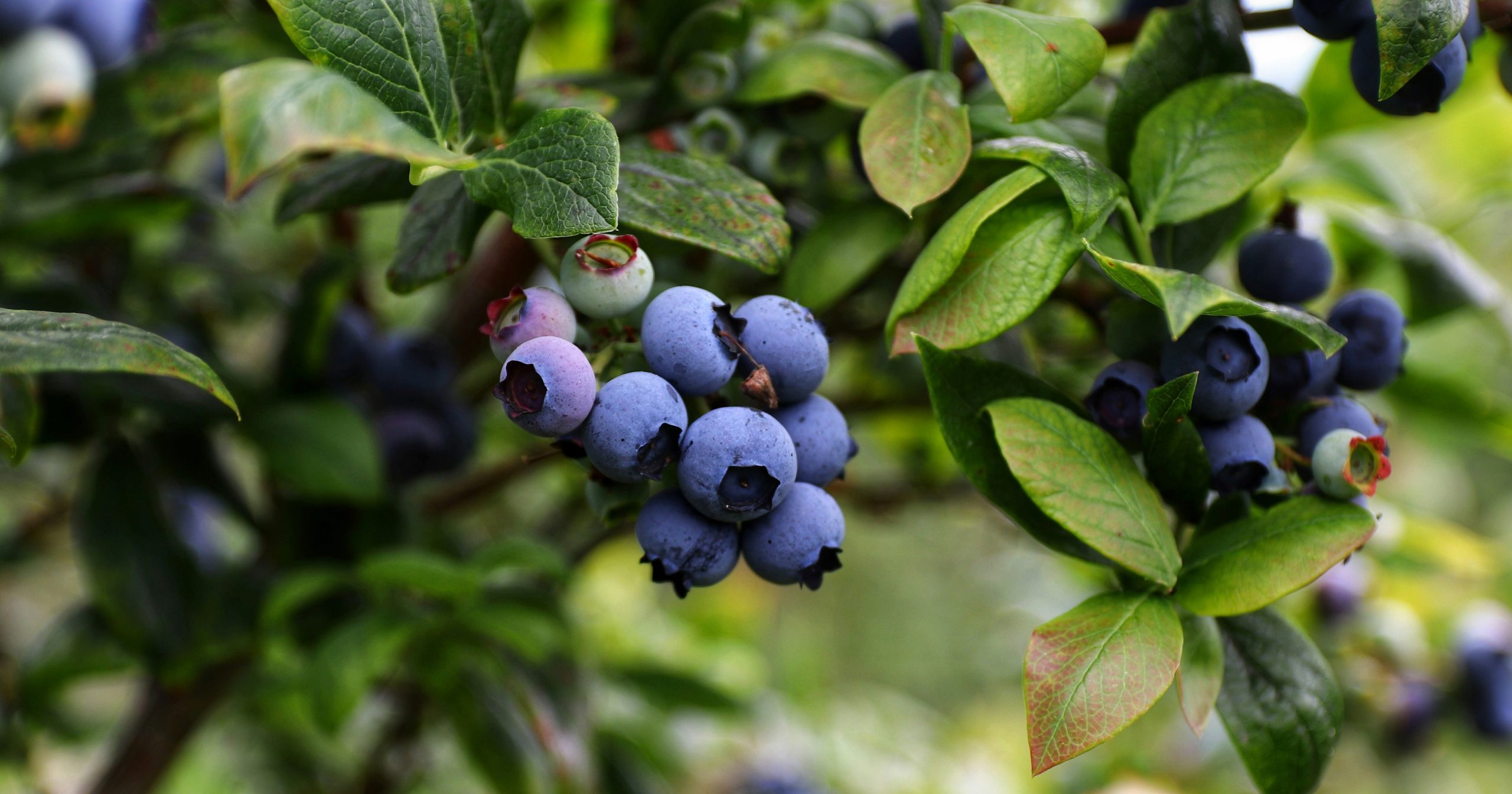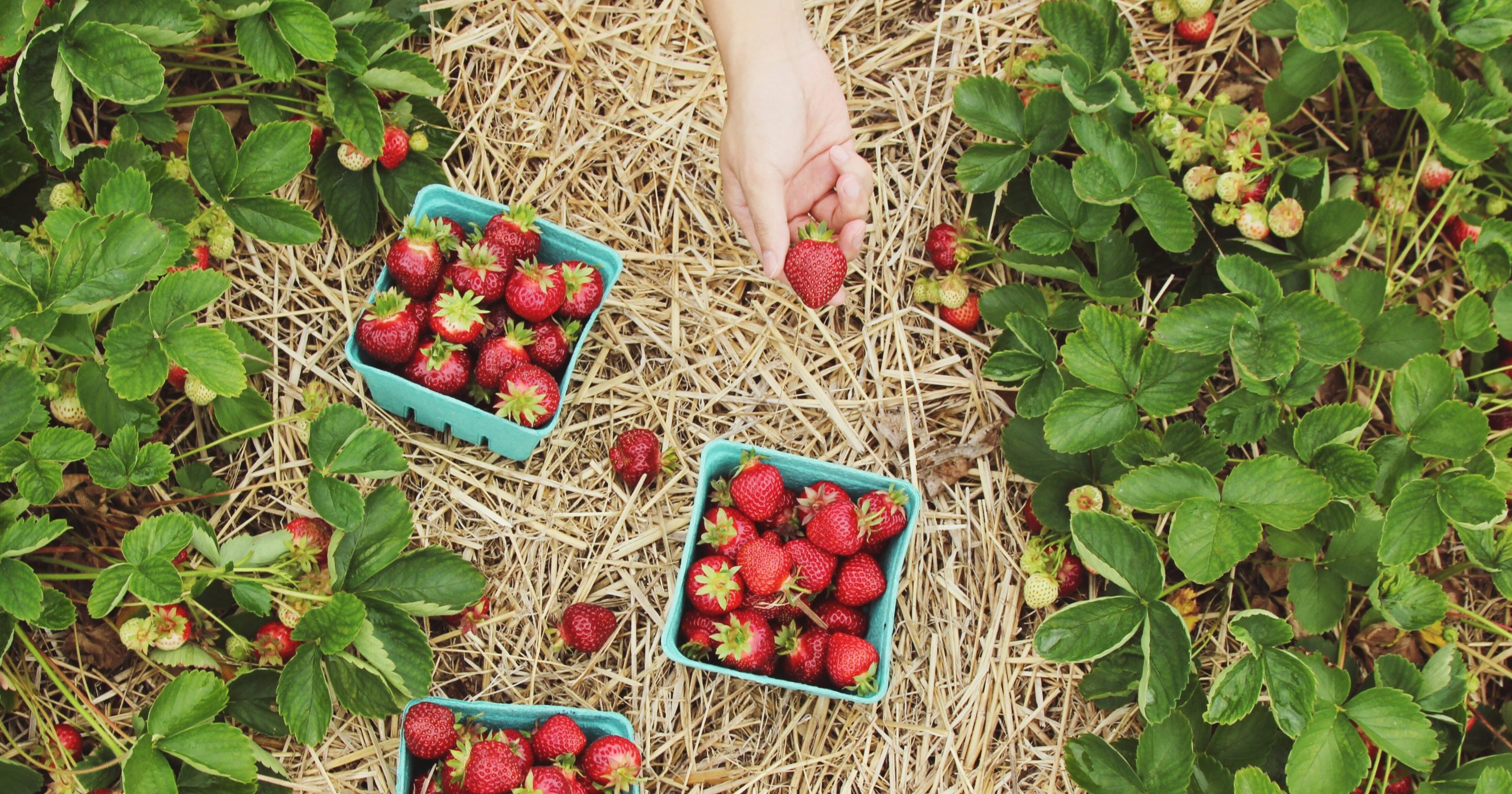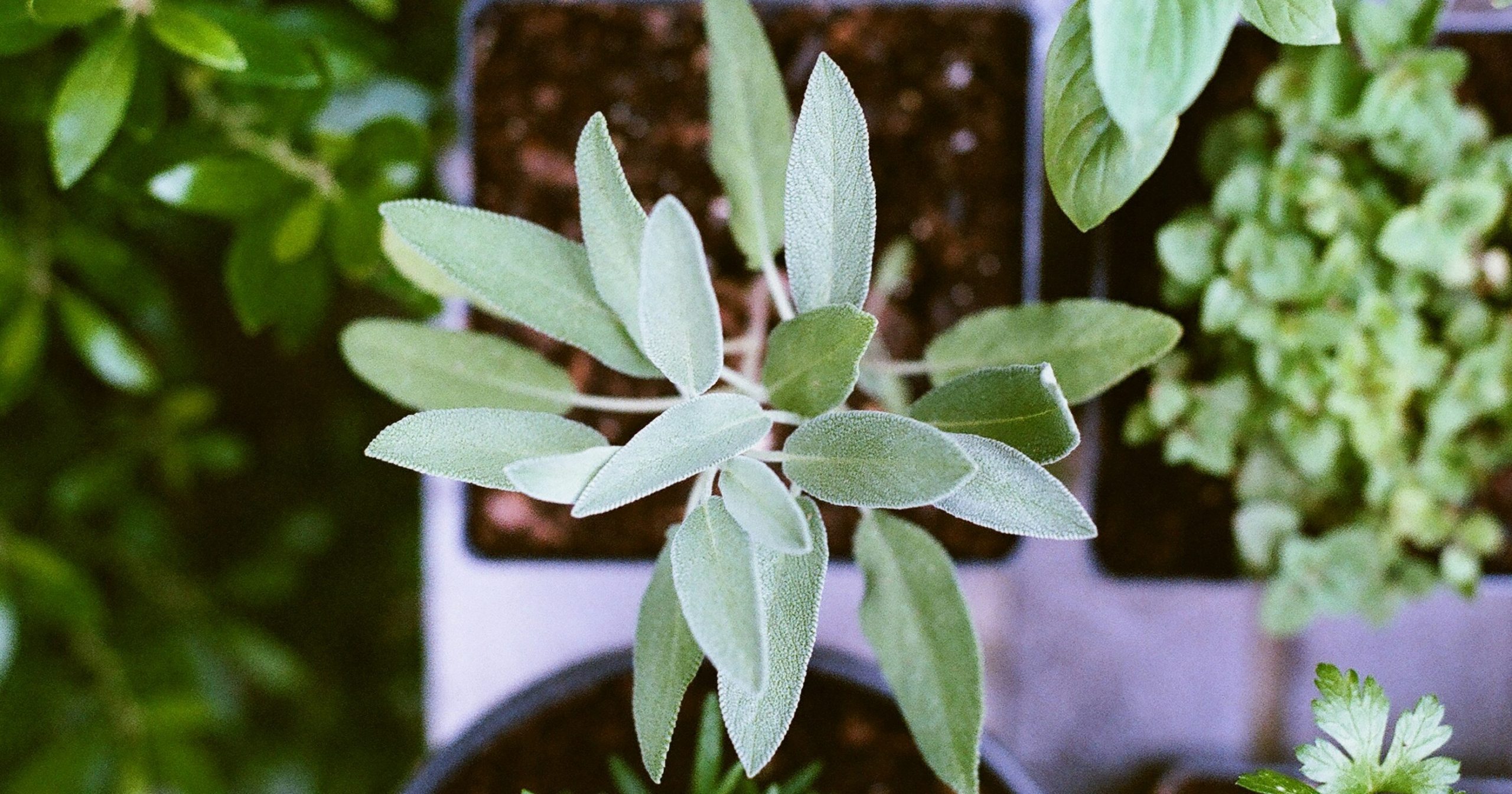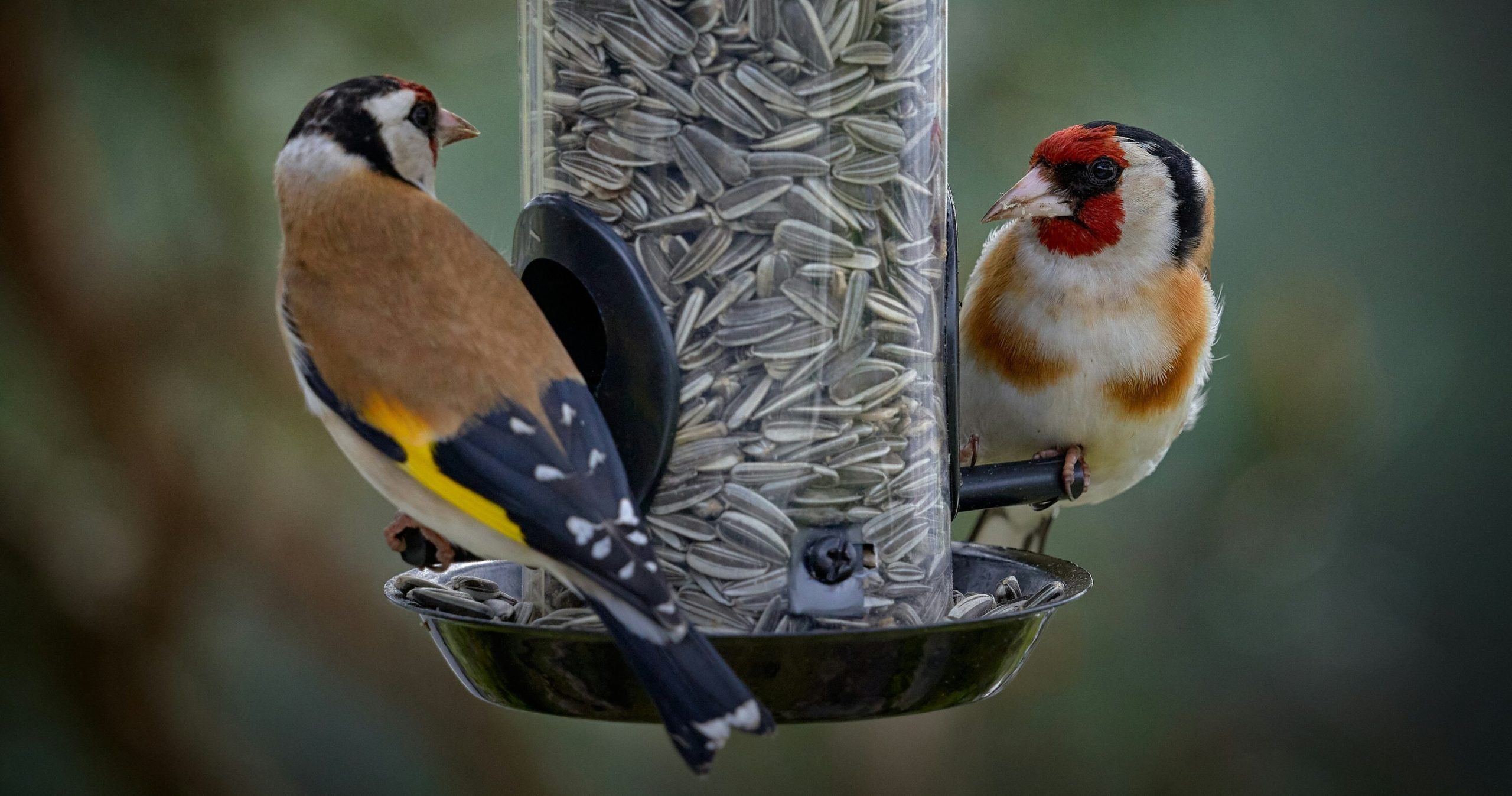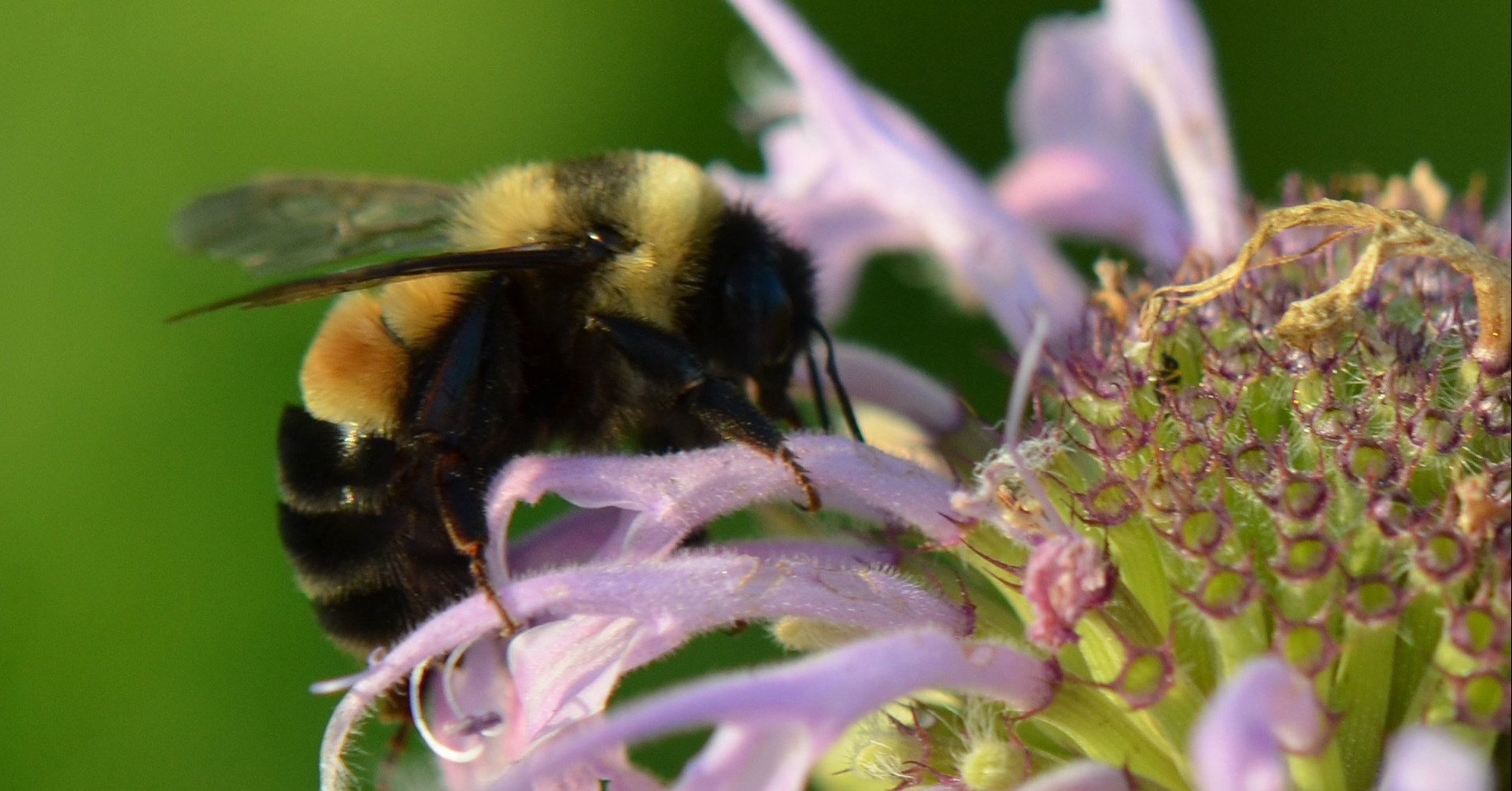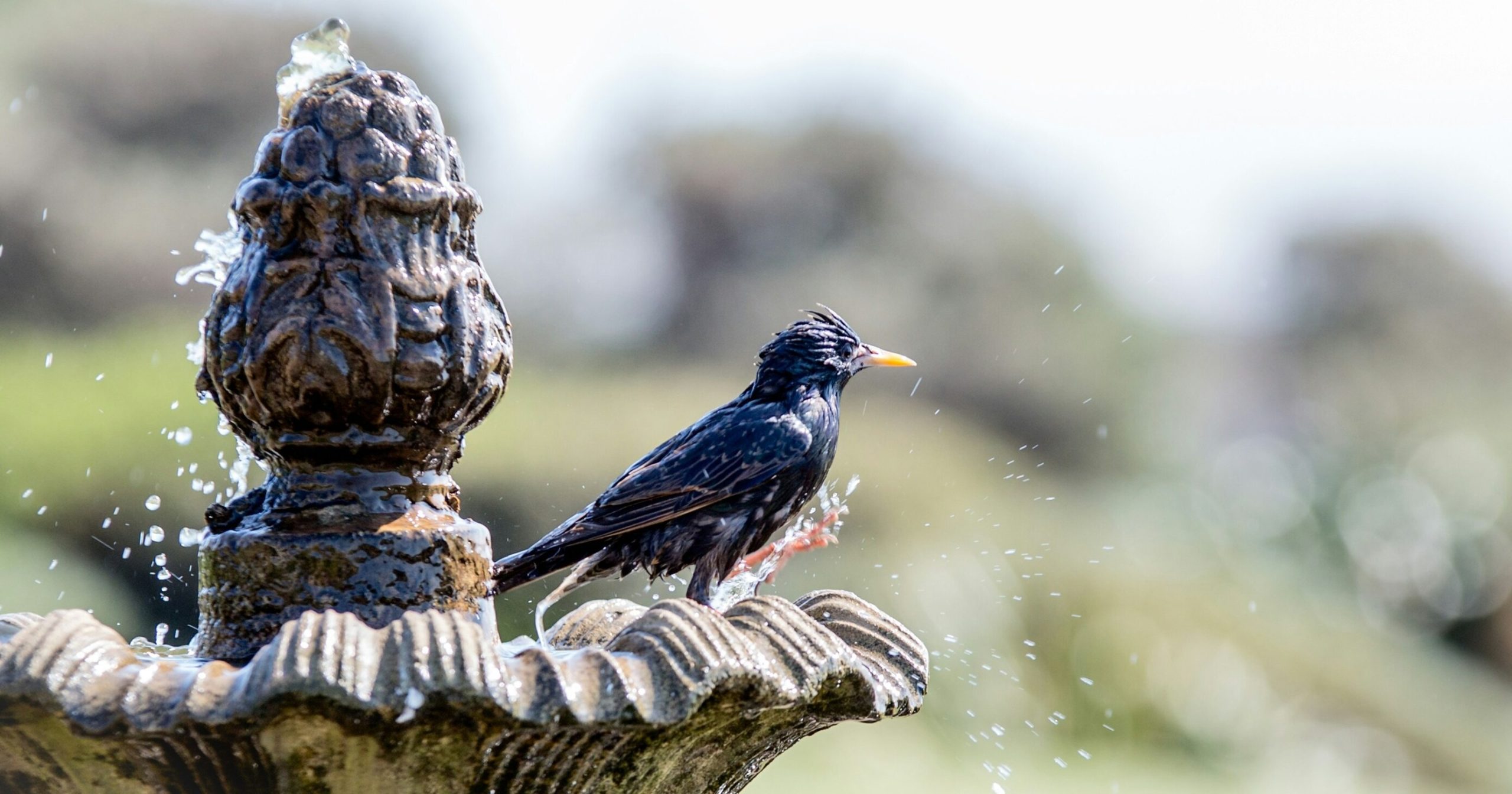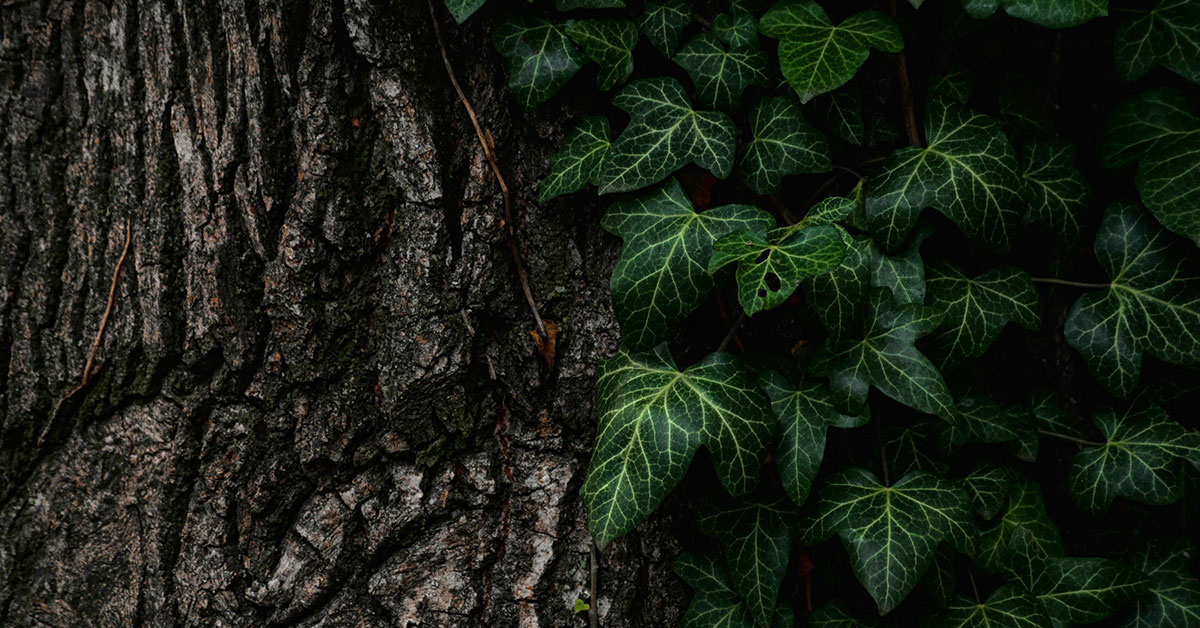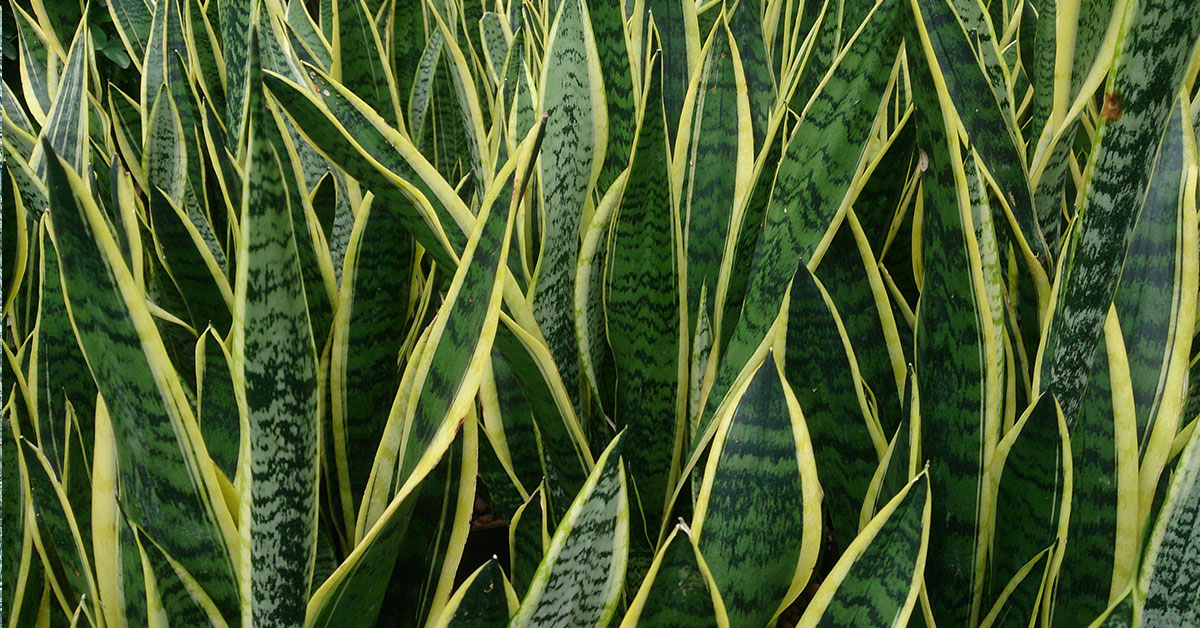Straw bale gardening is great. There are tons of pros to straw bale gardening. Straw bale gardens are easy on your back, they can be set up just about anywhere, they’re cheap, and they grow some of the most bodacious vegetables you’ll ever eat. But that’s not to say there aren’t any issues with straw bale gardening. Here are 5 common straw bale gardening problems that you should be aware of before you set up your garden.
Non-organic straw
If you decide to set up a straw bale garden, you should consider whether or not organic gardening is important to you. Some straw is grown with synthetic fertilizers, pesticides, and other types of chemicals that would render your garden non-organic. Before you buy your straw bales, ask where they came from and how they were grown. Organic straw bales may be worth it in the end.
Read More: What Is Organic Gardening?
Weeds galore
This one is probably my least favorite of the straw bale gardening problems. When you set up your straw bale garden, you typically suffocate the weeds underneath the bale, but weeds can still grow inside of your straw bale – and will do so with zeal. Eventually, seeds inside of your straw bale will begin to sprout. They can be easily trimmed back or pulled, but if you ignore the weeds, they’ll take over.
Instability problems
Even when completely watered through, straw bale gardens can have stability issues, especially if you’re planting vegetables that grow tall, like tomatoes or pole beans. An easy solution to this problem is to stake down your vegetables, let them sprawl instead of grow tall, or weigh down your straw bales using cinder blocks.
Straw bales are heavy
Your straw bales, especially if wet, will be pretty heavy. Straw bale gardening is easier on your back because you don’t have to bend over to garden, but if you have a bad back, find someone with a strong back to help you move your straw bales into position, otherwise you may further injure yourself.
Straw bales get nasty
At the end of the season, your straw bales will be filled with water, fertilizer, soil, bugs, and all sorts of other delights that will turn your straw bale into kind of a yucky mess. Your straw bales won’t hesitate to compost, but knowing what to do with your funky, used straw bales before you set up your straw bale garden is a pretty important step. Otherwise you’ll end up with half-composted straw bales and no plan to deal with them.
Keep Reading: 10 Weird Gardening Hacks That Really Work
